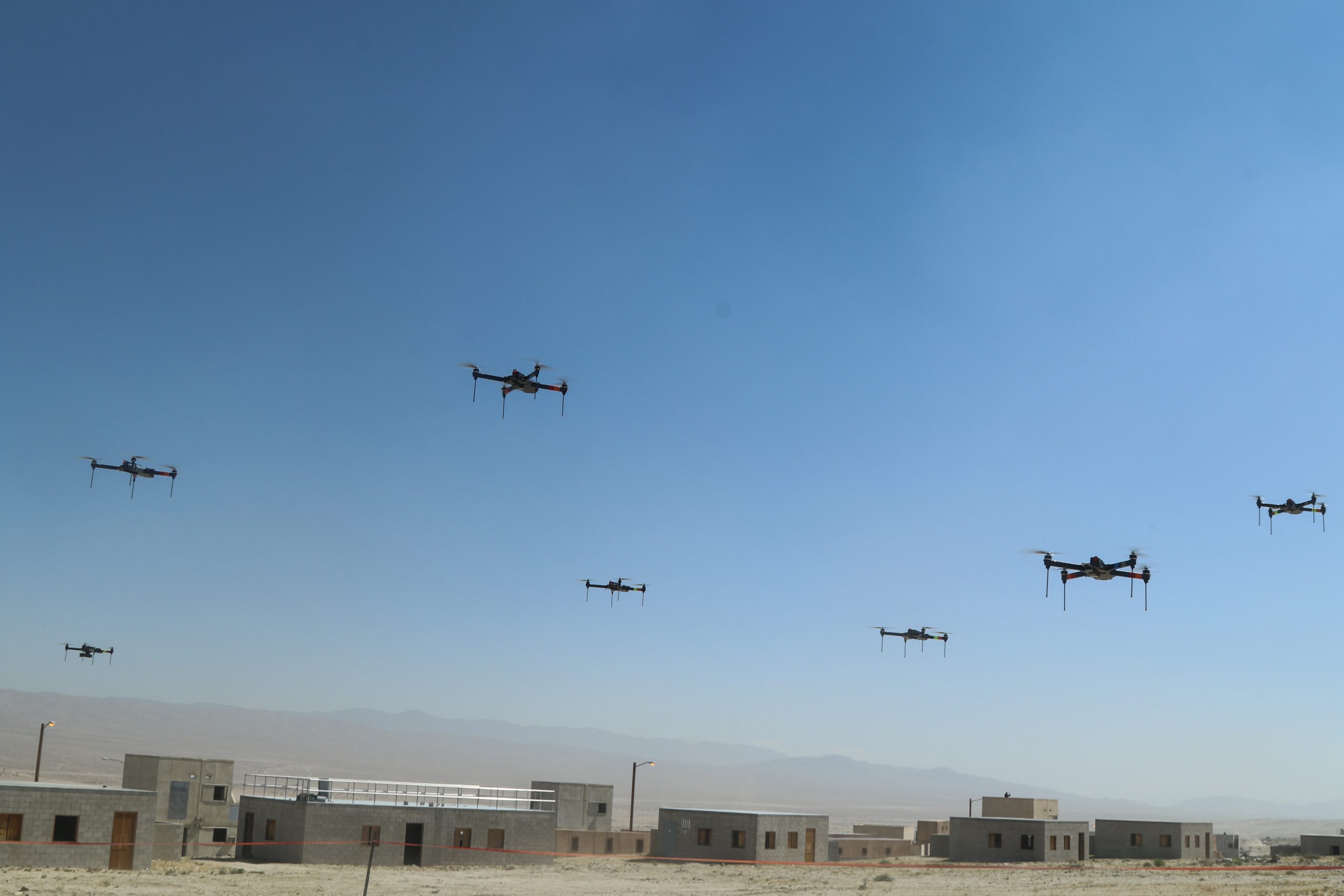------------------------------------------------------------------
Money, weapons and secret meetings:
What the Pentagon is doing to arm Taiwan
This week, U.S. Defense Secretary Lloyd Austin flew to Singapore for the Shangri-La Dialogue, a security forum that draws leaders from across the region and beyond.
12 October 2023
“We have a sacred obligation to make sure the United States military remains the No 1 military in the Indo-Pacific. . ."
The intensive visits are seen as Washington’s push to repair ties with Beijing, which have significantly deteriorated over rising competition on all fronts and tensions in the Indo-Pacific.
US working to stabilize China ties, envoy Nicholas Burns says while questioning Beijing’s peace efforts in Middle East, Ukraine
- Nicholas Burns speaks highly of recent high-level engagement, however he says US is disappointed by China’s response to Israel-Hamas conflict
- Envoy says Washington will defend interests: ‘It is in no way possible for us to allow the Chinese to overtake us in military power’
U.S. Department of Defense Begins Deliveries of Replicator Drones.
- The DOD has also allocated $500 million from the fiscal year 2024 defense spending bill to support the Replicator program.
- Among the first systems to benefit from this funding is the Switchblade-600, a loitering munition produced by Aerovironment, which has been used by Ukrainian forces and is designed to hover before striking a target.
As the program progresses, the DOD is seeking an additional $500 million for Replicator in next year’s budget, indicating the department's commitment to expanding this innovative project.
------------------------------------------------------
The US-China relationship is expected to loom over the dialogue, as are the wars in Ukraine and Gaza, and the South China Sea tensions.
“The secretary expressed concern about recent provocative PLA [People’s Liberation Army] activity around the Taiwan Strait, and he reiterated that the PRC [People’s Republic of China] should not use Taiwan’s political transition — part of a normal, routine democratic process — as a pretext for coercive measures,” Ryder said after the 75-minute meeting.
Dong warned Austin that the US should not interfere in China’s affairs with Taiwan, Chinese Ministry of National Defense spokesman Colonel Wu Qian (吳謙) told reporters.
The US approach to Taiwan violates commitments made by the US and sends the wrong signal to “separatist forces” in Taiwan, Wu quoted Dong as saying.
However, both sides emphasized the importance of keeping military-to-military ties open, and a senior US defense official, speaking on condition of anonymity, said the meeting marked an “important step” in opening lines of communication.
The official said Austin was “firm, but professional” and also brought up China’s nuclear, space and cyber developments.
The two sides also discussed the South China Sea and the conflicts in Ukraine and Gaza.
Later yesterday, Marcos was expected to discuss the legal and geopolitical position of the Philippines on the South China Sea and note the importance of the waterway to global trade.
China claims sovereignty over almost all of the South China Sea, including parts claimed by Taiwan, the Philippines, Brunei, Malaysia and Vietnam, despite a 2016 ruling by the Hague-based Permanent Court of Arbitration that found Beijing’s sweeping claims have no legal basis.
Minister of National Defense Wellington Koo (顧立雄) yesterday told reporters in Taipei that increased tensions around the region would diminish if Beijing’s military drills ceased.
“If China stops its provocation and intimidation, then peace and stability can be maintained,” he said.
The region has seen a sharp uptick in such exercises in recent years, a report by the London-based International Institute of Strategic Studies released yesterday said.
Although both the US and China have significantly increased the volume of military exercises across Asia, Beijing’s drills still lag in scale and complexity, the study found.
The Shangri-La Dialogue, in its 21st iteration, is held every year in Singapore by the International Institute for Strategic Studies, gathering military and political leaders to discuss security issues.
04 June 2023
TAIWAN STRAIT: America is plunging the region into "whirlpools of disputes and conflicts with Chinese internal affairs
China's defence minister speaks on 'record low' US ties | Al Jazeera Newsfeed
China’s Li says clash with US would bring ‘unbearable disaster’
At Asia security forum, Chinese defence minister says Beijing seeks dialogue with the US and warns against ‘NATO-like’ alliances in Pacific region.
"Chinese Defence Minister Li Shangfu has said Beijing seeks dialogue over confrontation with the United States, warning that any conflict between the two nations would bring “unbearable disaster for the world”.
Speaking at Asia’s top security summit, the Shangri-La Dialogue, Li said on Sunday that the world was big enough for China and the US to grow together.



:quality(70)/cloudfront-us-east-1.images.arcpublishing.com/archetype/T5NZCI6KYRCNTGWVWL2EF47WZI.jpg)

:quality(70)/cloudfront-us-east-1.images.arcpublishing.com/archetype/T5NZCI6KYRCNTGWVWL2EF47WZI.jpg)
.jpg)

%20-%20Kawala%20Xie.jpg?itok=xmcATka7&v=1661304068)



.jpg)



No comments:
Post a Comment